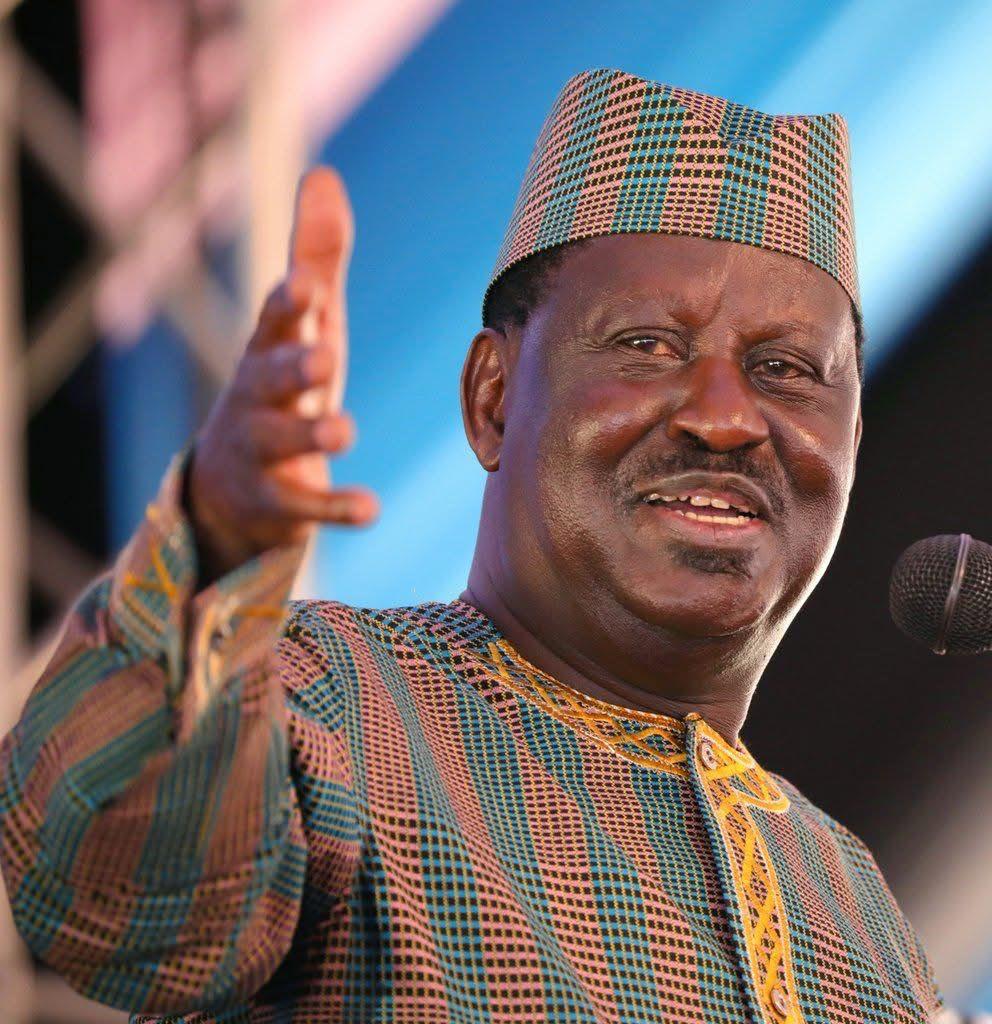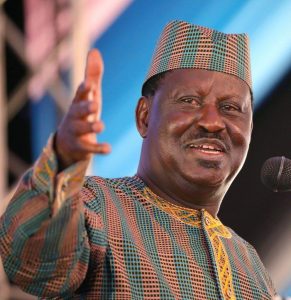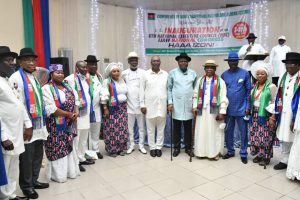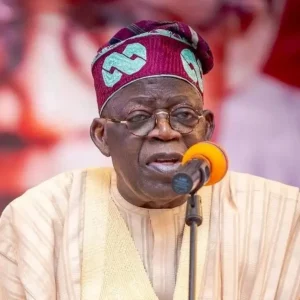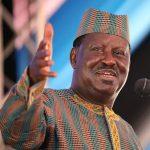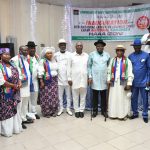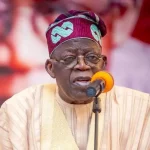By Uchenna Ekwo
The passing of Raila Amolo Odinga, Kenya’s indefatigable opposition leader, marks the end of an era and the beginning of a reckoning for African democracy. Odinga’s life was a masterclass in political resilience, civic courage, and the transformative power of dissent. Though he never occupied the highest office in Kenya, his influence on the country’s democratic trajectory is indelible.
Odinga’s legacy is rooted in his unwavering commitment to multiparty democracy, constitutional reform, and inclusive governance. He endured detention, electoral defeats, and political betrayals, yet remained a symbol of hope for millions. His role in the promulgation of Kenya’s 2010 Constitution and his efforts to bridge political divides through the Building Bridges Initiative reflect a statesman who understood that opposition is not a threat to democracy—it is its lifeblood. “His passion and struggle to see the people of Kenya realize their right to freedom of expression, social and economic justice has been the signature of his entire life,” said Dr Etta D. Jackson, Founder of the Institute for Conscious Global Change (ICGC).
Odinga ranked among several veteran opposition politicians in Africa such as Étienne Tshisekedi of the Democratic Republic of Congo, Kizza Besigye, a longtime rival of President Yoweri Museveni- prominent opposition figure, and Chief Obafemi Awolowo of Nigeria. These leaders understood that pluralism was the bedrock of democratic governance and potentially helped in deepening democracy in the continent.
“…the lesson is clear—democracy without opposition is dictatorship in disguise.”
This lesson is especially urgent for Nigeria, where the specter of a de facto one-party state looms large. The increasing consolidation of power, weakening of institutions, and marginalization of dissenting voices threaten the democratic gains of the Fourth Republic. The erosion of electoral integrity, suppression of press freedom, and the co-optation of opposition figures into ruling coalitions risk turning elections into mere rituals rather than genuine contests of ideas.
Nigeria, as the largest democracy in Africa gears up for the next election cycle, must learn from Odinga’s example that vibrant opposition is essential for accountability. It is the opposition that asks the hard questions, challenges the status quo, and represents alternative visions for national development. When opposition is stifled, democracy becomes hollow, and governance loses its moral compass.
Moreover, Odinga’s Pan-African engagements remind us that the struggle for democracy is not confined to national borders. His bid chair the African Union Commission symbolized a commitment to continental leadership rooted in democratic values. African nations must embrace this ethos, fostering regional solidarity in defending democratic norms and institutions.
As Africa and the world mourn Raila Odinga, we must also celebrate the ideals he championed. His life is a call to action for opposition leaders across Africa: to remain steadfast, principled, and people-centered. For Nigeria, the lesson is clear—democracy without opposition is dictatorship in disguise. The future of the continent depends not on the dominance of ruling parties, but on the strength of its democratic culture, nurtured by dissent, dialogue, and diversity.

